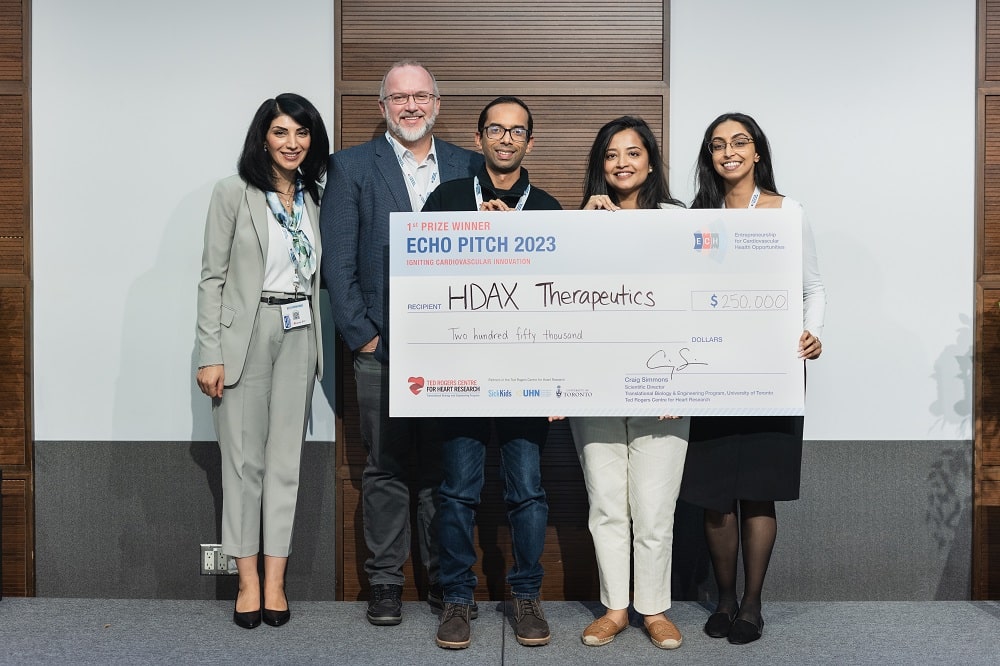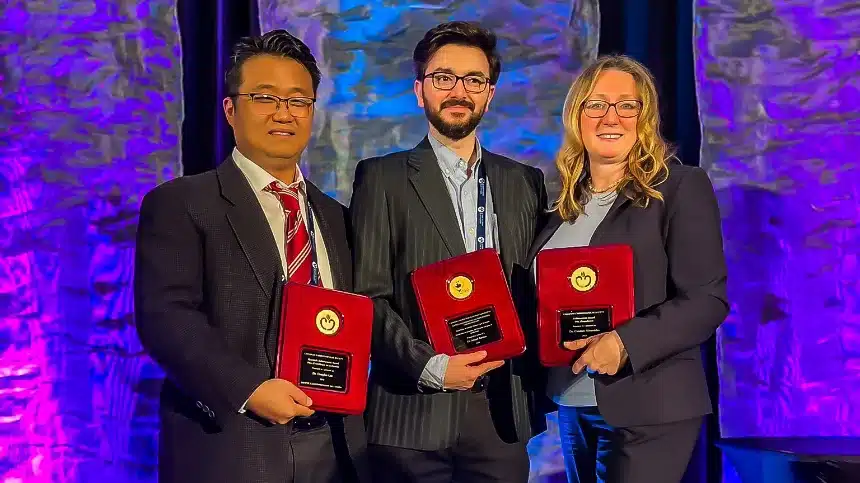Cardiologist Dr. Adrian Hernandez is professor of medicine at Duke University and Director of Health Systems and Outcomes Research at Duke Clinical Research Institute. Having led several research projects into clinical care, health policy, quality of care, and outcomes, he is principal investigator of many large, important studies in the United States. On May 12, 2016, Dr. Hernandez delivered this keynote address at the Ted Rogers Centre for Heart Research 1st Scientific Symposium.
Abstract
Heart failure places a tremendous burden upon health care systems and is the most common cause of hospitalization among patients over the age of 65. In the United States, it is estimated that, by 2030, more than one in 33 people will have heart failure with total costs exploding to an estimated $70 billion. As population demographics change and survival improves from other conditions such as acute coronary syndrome, the prevalence of heart failure will likely continue to grow. In addition, patients with heart failure commonly have other co-morbidities such as diabetes or socio-economic challenges. The combination of these factors poses a formidable challenge for the public health and carries significant economic consequences.
In order to address the burden of heart failure, there are major changes needed from phenotyping to implementing evidence into practice. Heart failure is still poorly characterized and understanding the right treatments for the right patients is needed. Unfortunately, the systems of care are often in parallel to the systems of research of heart failure. In the future, by combining care and research it may be much easier to develop curated cohorts, discover new treatments and implement them into practice both efficiently and equitably. Leveraging systems of care will then allow a better understanding of the heart failure burden while we continuously learn how to improve the health of this population of patients.
















